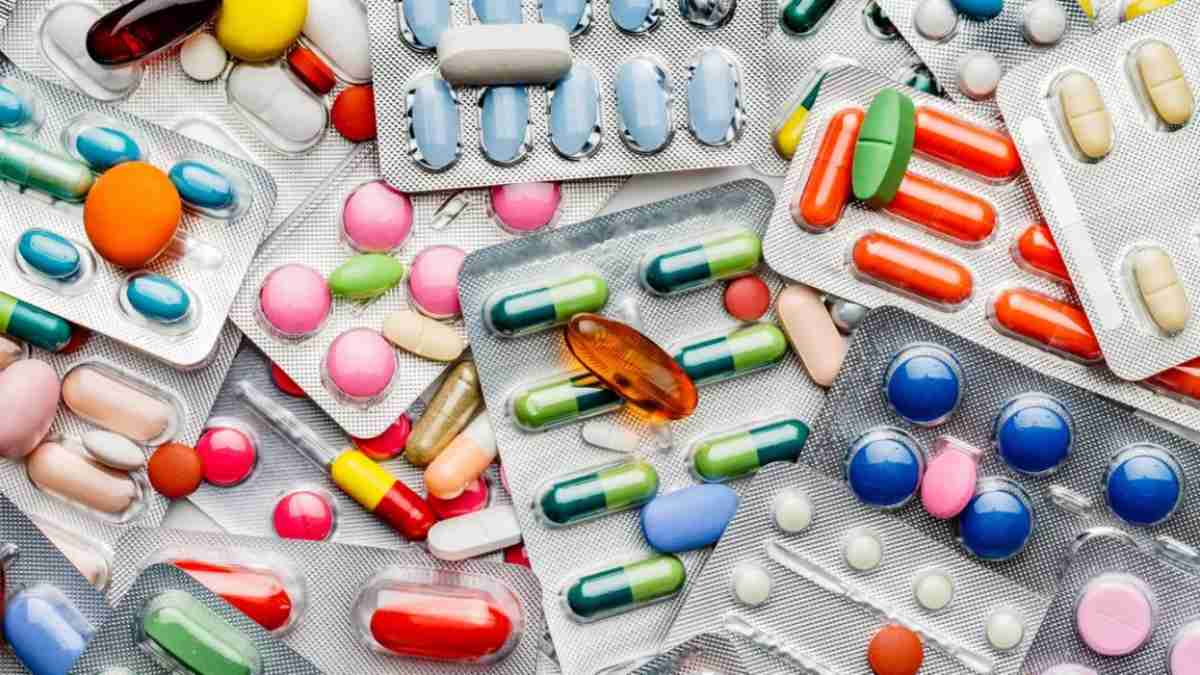India’s drug pricing authority, the National Pharmaceutical Pricing Authority (NPPA), has raised the prices of certain essential drugs by 50%, citing rising costs of production and the need to prevent shortages. These drugs, which are critical for treating conditions such as asthma, tuberculosis, glaucoma, thalassemia, and mental health disorders, are primarily low-cost medications.
Why the Price Increase?
Pharmaceutical companies had requested the NPPA to allow price hikes due to increased costs of key ingredients, production processes, and unfavorable currency exchange rates. Many companies even warned that they might stop producing certain drugs if the prices were not adjusted, as they had become unprofitable to manufacture under the current pricing structure.
Regulatory Move by NPPA
The NPPA invoked Paragraph 19 of the Drugs (Prices Control) Order (DPCO), 2013, to raise the ceiling prices of 11 formulations from eight essential drugs on October 8. A ceiling price is the highest amount that sellers can charge for a product or service, and the NPPA adjusted the prices “in the larger public interest” to ensure continued availability.
Also Read: Who Is Gurpatwant Singh Pannun? Know About Man Fueling India-Canada Diplomatic Crisis
Drugs Affected
The price revision affects the following medications:
- Benzyl Penicillin 10 lakh IU injection (for bacterial infections)
- Atropine injection 0.6 mg/ml (for treating bradycardia)
- Streptomycin powder for injection 750 mg and 1000 mg (for tuberculosis and bacterial infections)
- Salbutamol tablet 2 mg and 4 mg and respirator solution 5 mg/ml (for asthma and respiratory diseases)
- Pilocarpine 2% drops (for glaucoma)
- Cefadroxil tablet 500 mg (for bacterial infections)
- Desferrioxamine 500 mg for injection (for anemia and thalassemia)
- Lithium tablets 300 mg (for mental health treatment)
These medications are widely used as first-line treatments and are crucial for managing a variety of health conditions.
Background and Precedents
This is the third time the NPPA has increased drug prices, following similar actions in 2019 and 2021, where prices of 21 and 9 drug formulations were also increased by 50%. The NPPA aims to balance public health needs with economic sustainability for drug manufacturers to avoid shortages.
Also Read: Maharashtra, Jharkhand Assembly Elections 2024: EC To Announce Poll Dates Today













